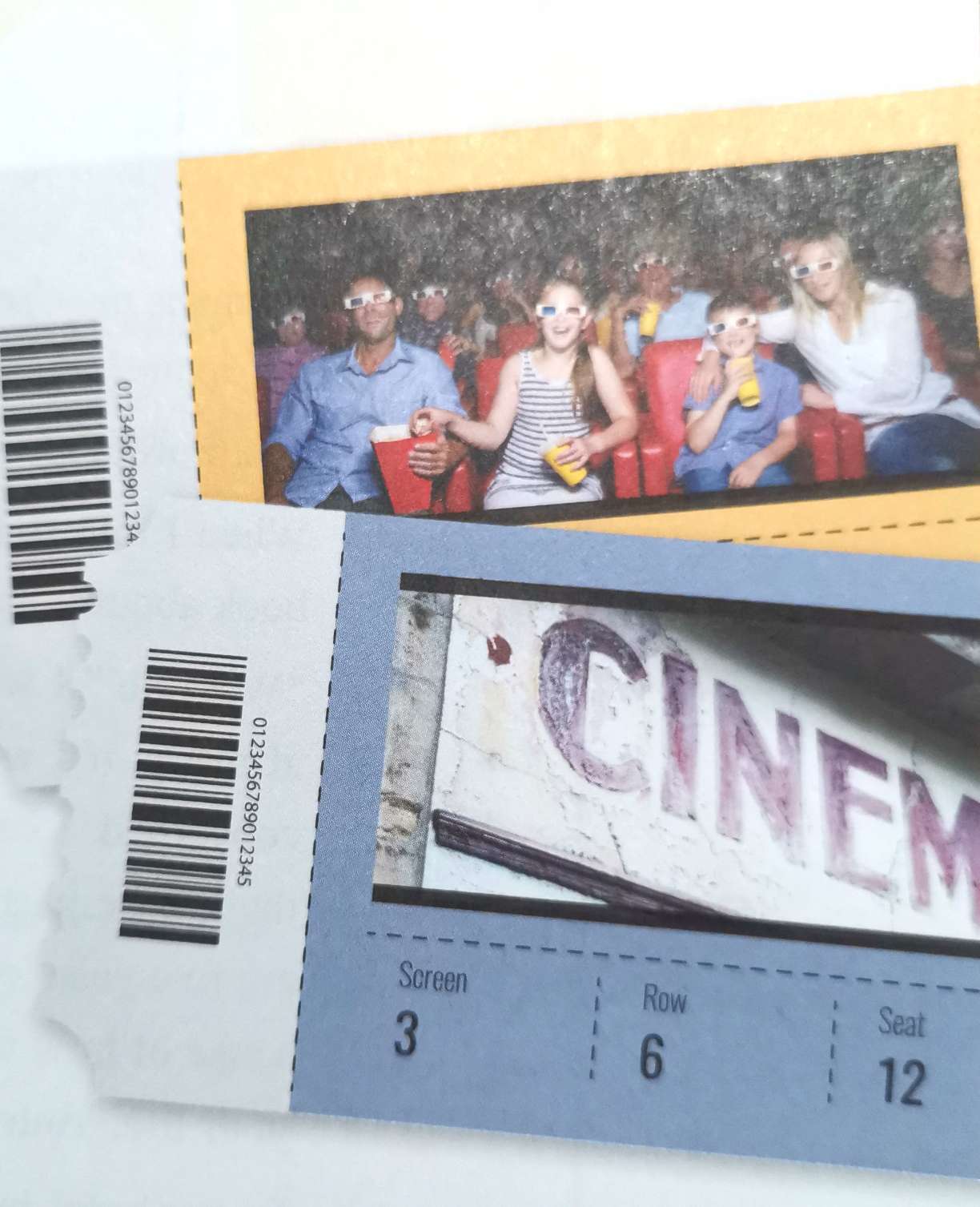Travel in Europe
1 I had a strong desire to roam. I wanted to wander through Europe. I did make the trip.
2 One of the small marvels of my first trip to Europe was the discovery that the world could be so full of variety, that there were so many different ways of doing essentially the same things, like eating and drinking, and buying cinema tickets.
3 I remember on my first trip to Europe going alone to a movie in Copenhagen. In Denmark you are given a ticket for an assigned seat. I went into the cinema and discovered that my ticket directed me to sit beside the only other people in the place, a young couple locked in the sort of passionate embrace associated with dockside reunions at the end of long wars. I could no more have sat beside them than I could have asked to join in, so I took a place a few seats away.
4 People came in, consulted their tickets and filled the seats around us. By the time the film started there were about 30 of us sitting close together in the middle of a vast and otherwise empty cinema. Two minutes into the movie, a woman made her way with difficulty down my row, stopped beside my seat, and told me in a stern voice that I was in her place. This caused fretful re-examining of tickets by everyone nearby until word got around that I was an American tourist and therefore unable to follow simple seating instructions. Finally, I was directed in some shame back to my assigned place. So 30 of us crowded together like refugees in an overloaded lifeboat. It occurred to me then that there are certain things that some nations do better than everyone else and certain things that they do far worse.
5 Sometimes a nation's little inventions are so singular and clever that we associate them with that country alone — double-decker buses in Britain, windmills in the the Netherlands, sidewalk cafés in Paris. And yet there are some things that most countries do without difficulty while others cannot get a grasp of them at all.
6 The French, for instance, cannot get the hang of queuing. They try and try, but it is beyond them. Wherever you go in Paris, you see orderly lines waiting at bus stops, but as soon as the bus pulls up, everyone scrambles to be the first aboard, quite unaware that this defeats the whole purpose of queuing.
7 The British, on the other hand, do not understand certain of the fundamentals of eating, as evidenced by their instinct to eat hamburgers with a knife and fork. To my continuing amazement, many of them also turn their fork upside down and balance the food on the back of it. I've lived in England for over a decade and I still have to fight an impulse to go up to strangers in pubs and restaurants and say, "Excuse me, can I give you a tip that'll help stop those peas bouncing all over the table?"
8 Germans may be confused by humour, the Swiss seem to have no concept of fun, and the Spanish think there is nothing unusual about eating dinner at midnight.
9 Yes, Europeans could be so different from each other, among which is language.
10 When I told friends in London that I was going to travel around Europe and write a book about it, they said, "Oh, you must speak a lot of languages."
11 "Why, no," I would reply with a certain pride, "only English," and they would look at me as if I were crazy. But that's the great thing of foreign travel, as far as I am concerned. I can't think of anything that excites a greater sense of childlike wonder than to be in a country where you are ignorant of almost everything. Suddenly you are five years old again. You can't read anything; you have only the most fundamental sense of how things work; you can't even reliably cross a street without endangering your life. Your whole existence becomes a series of interesting guesses.
12 In my hotel in Oslo, the chambermaid each morning left me a packet of something called Bio Tex Blå, a "minipakke for ferie, hybel og weekend", according to the instructions. I spent many happy hours sniffing it and experimenting with it, uncertain whether it was for washing out clothes, or cleaning the toilet bowl. In the end I decided it was for washing out clothes, but for the rest of the week everywhere I went in Oslo I heard people saying to each other, "You know, that man smelled like toilet-bowl cleaner."
13 However, I wanted to be puzzled and charmed, to experience the endless variety of a continent where you can board a train and an hour later be somewhere where people speak a different language, eat different foods, work different hours, live lives that are at once so different and yet so oddly similar. I wanted to be a tourist.

更多:
Why men don't like shopping and most women do(新版大学英语U4R1)
本号:281631
Have a lover, have friends, or read books?(新编大学英语U5R1)
本号:219227
The story of a nation in sandwiches(新编大学英语U6R1)
本号:694169
